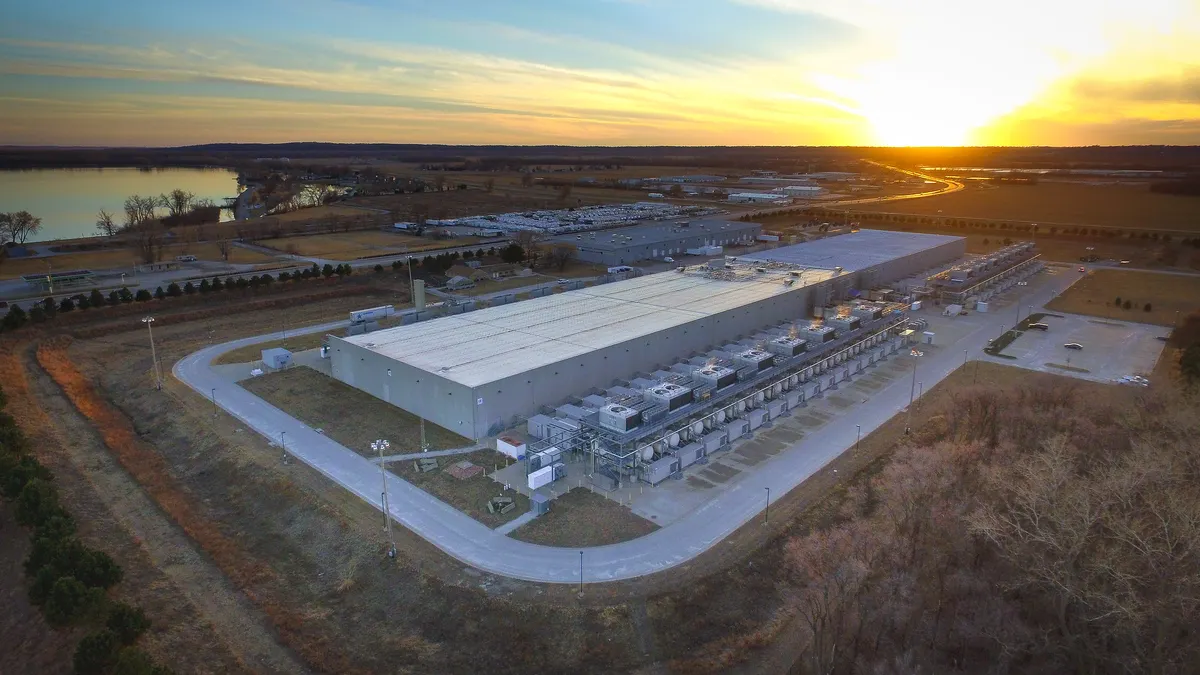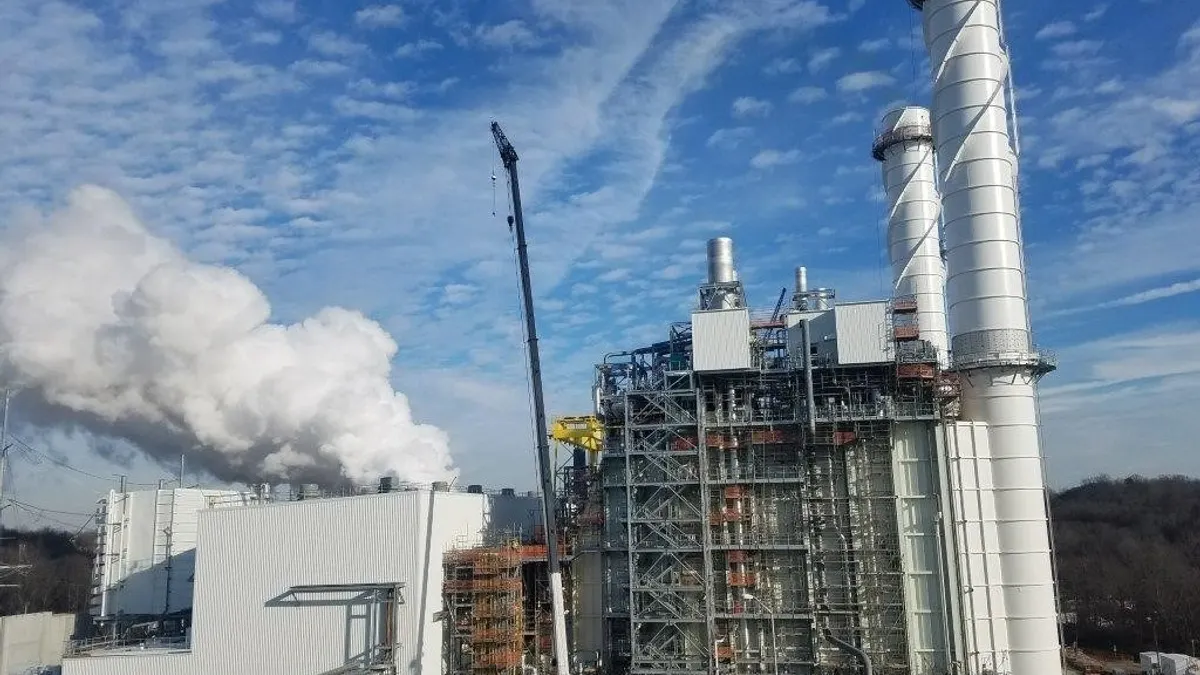The Trump administration can expect expanded oversight of its energy and environmental policies if Democrats take over the House of Representatives after the Tuesday elections, say Capitol Hill watchers on both sides of the aisle.
Targets for new Democrat committee chairs in the energy space could include Secretary of the Interior Ryan Zinke and Secretary of Energy Rick Perry, whose ill-fated plan to save coal and nuclear plants from retirement ruffled feathers in both parties. Democrats and aligned organizations could also make a new push for oversight of the Environmental Protection Agency after ethics concerns pushed out former Administrator Scott Pruitt this year.
"There are a lot of different issues within these cabinet offices and positions in their agencies that should be investigated regardless of the political stripes," said Bishop Garrison, a former Obama administration official who is now the president and co-founder of the Rainey Center, a nonpartisan think tank. "Organizations like [Citizens for Responsibility and Ethics in Washington] have been pushing for more transparency and submitting the lawsuits against the Department of Interior and against EPA on what appears to be more corruption."
Oversight options for Democrats include holding hearings and subpoenaing records from administration officials. Appropriations also originate in the House, so Democrats could withhold funding from departments or programs over ethics concerns or policy disagreements.
While the options for Democrats would be numerous, a strategy for legislation and oversight on energy issues isn't likely to materialize until the caucus votes on leadership positions.
"A lot of things depend on who gets what assignment and in what capacity," Garrison said. "You're going to have a lot of junior people that are going to be coming on board. So it's really gonna be interesting to see how House leadership handles that."
One figure to watch if Democrats retake the House could be Rep. Frank Pallone, D-N.J., who is expected to take the top spot on the Energy and Commerce Committee. Pallone has been a forceful critic of the White House's proposed support packages for coal and nuclear plants in hearings this year, and could move to subpoena records from DOE and other agencies showing how those plans were crafted.
"There are a lot of crazy things that are being pitched that I think Congress is going to be right to engage on … but there is so much going on in terms of the political aspects, I hope that the policy aspects don't get lost in all this," Garrison said. "What are we going to do in the energy space about this administration's pull away from a renewable investment? What are they going to do about the idea that coal production could be a national security issue?"
But Democrats should be careful in their investigations, said Sarah Hunt, a conservative clean energy strategist who co-founded the Rainey Center with Garrison, since more conservative and competent appointees could replace any scandal-prone cabinet members who are pushed out.
"When you make [energy policy] all about climate change and you have a very conservative Republican caucus, it’s going to be a lot harder for them to embrace the economic benefits, the jobs and affordable energy associated with energy innovation — all things that will ultimately help reduce climate change."

Sarah Hunt
Co-founder, Rainey Center
"You saw this with Scott Pruitt. They attacked him relentlessly and ultimately because of those attacks, he was ... not as effective as he could have been," Hunt said. "But once they got rid of Scott Pruitt and replaced him with Andrew Wheeler who is a D.C. insider who was getting less attention and knows how to be very strategic ... he's been incredibly effective with the agenda."
Hopes dim for bipartisanship
Some Congressional Republicans have warmed to clean energy in recent years, Hunt noted, as more members recognize the low cost of renewable resources and see economic development benefits in their districts. Ninety members of the House are now members of the Climate Solutions Caucus, split evenly between the parties.
Such developments have spurred hopes that a Democrat-led House could find common ground on energy policy with Republicans in that chamber and the Senate, which is expected to remain under GOP control.
Hunt, however, cautioned that bipartisan opportunities in the House are likely to diminish if Democrats retake control. Many of the GOP members they would oust are the same moderate voices that endorse clean energy policies, and a number of other more centrist Republicans are set to be replaced by more conservative primary winners.
"The Freedom Caucus is expected to pick up 15 seats in the election in solid red districts," Hunt said. "So what you are going to see is a more conservative, more hard line Republican membership and I think it's going to be interesting how that will translate to energy policy issues.
"Certainly many of the moderate Republican voices on climate stewardship and conservation will be gone."
A more conservative GOP caucus is unlikely to endorse explicit policies to deal with climate change, but Hunt said Democrats could find common ground if they frame their policies in support of clean, affordable energy, taking advantage of recent price declines in wind and solar.
"If they focus on climate as their primary energy policy, I think there will be a real risk that reducing carbon emissions will take a step back," she said. "When you make it all about climate change and you have a very conservative Republican caucus, it’s going to be a lot harder for them to embrace the economic benefits, the jobs and affordable energy associated with energy innovation — all things that will ultimately help reduce climate change."





















